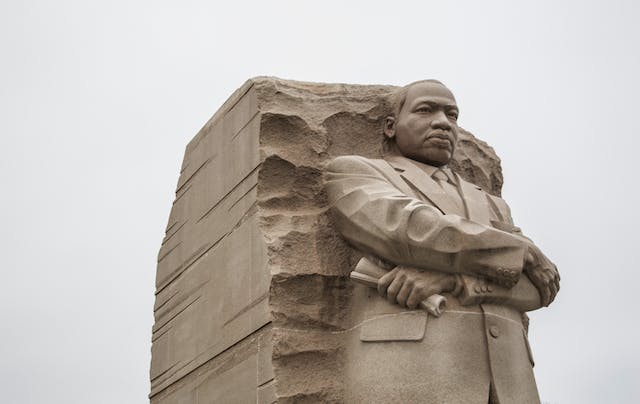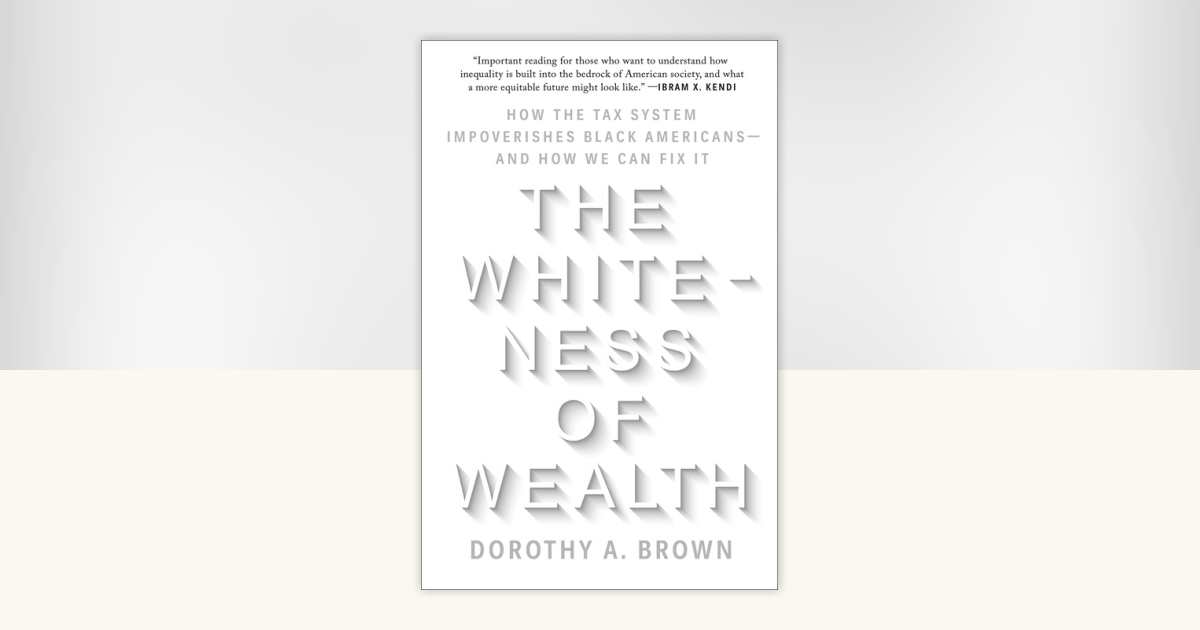As we are moving toward the holiday season, we want to pause and express our gratitude to each of you for staying in the work in the face of challenges to our collective humanity & fight for justice.

A Dream of a New Economy
As the nation celebrates Dr. Martin Luther King, Jr.,’s birthday, the media will rain his words from the “I Have a Dream” speech down upon us like water. Words about racial justice. About deliverance. Words from the scriptures.
Toward the end of his life, Dr. King also spoke up about economic justice. About his vision of a better America. Employing the same cadence and fervor as his other speeches but with far less media coverage.
For example, at the Riverside Church in New York City, on April 4, 1967, he spoke these words from his speech titled, Beyond Vietnam– A Time to Break the Silence.
True compassion is more than flinging a coin to a beggar; it is not haphazard and superficial. It comes to see that an edifice which produces beggars needs restructuring.
A nation that continues year after year to spend more money on military defense than on programs of social uplift is approaching spiritual death.
Four months later, in August of 1967, at the Christian Leadership Conference, he delivered this speech, Where Do We Go From Here?
We must create full employment, or we must create incomes. People must be made consumers by one method or the other. Once they are placed in this position, we need to be concerned that the potential of the individual is not wasted. New forms of work that enhance the social good will have to be devised for those for whom traditional jobs are not available…
… a host of positive psychological changes inevitably will result from widespread economic security. The dignity of the individual will flourish when the decisions concerning his life are in his own hands, when he has the assurance that his income is stable and certain, and when he knows that he has the means to seek self-improvement. Personal conflicts between husband, wife, and children will diminish when the unjust measurement of human worth on a scale of dollars is eliminated.
… the movement must address itself to the question of restructuring the whole of American society…. There are forty million poor people here, and one day we must ask the question, “Why are there forty million poor people in America?” And when you begin to ask that question, you are raising a question about the economic system, about a broader distribution of wealth. When you ask that question, you begin to question the capitalistic economy.
Forty plus years later, our nation continues to suffer from these very same problems of poverty and lack of employment. But now we have all of you fighting to change it.



